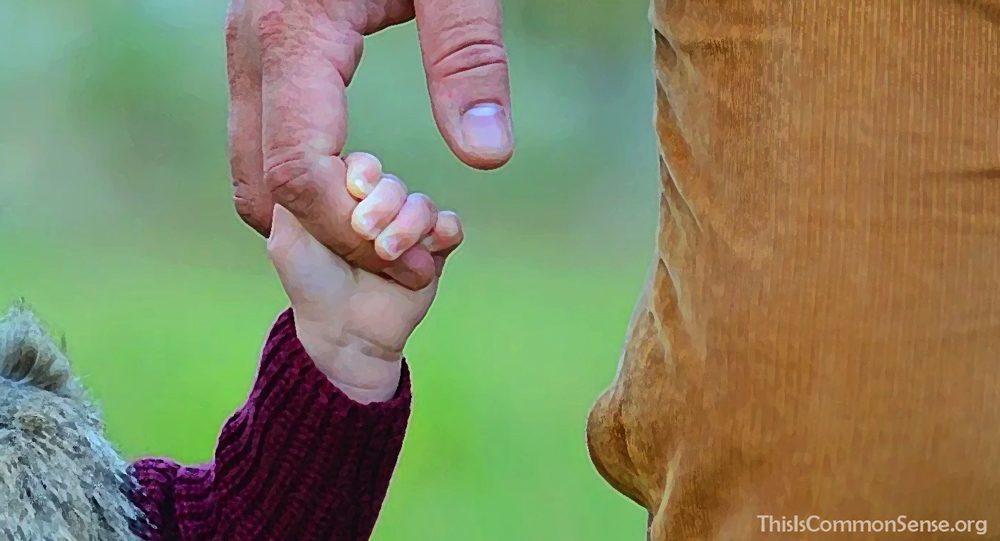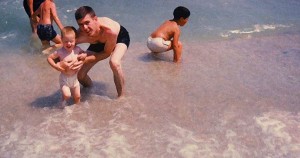Remembering my dad and father-in-law, who both passed away several years ago; being with my adult children, and two grandchildren, who were all pretty nice to me; and seeing friends and relatives celebrate their dads — Father’s Day was wonderful.
In the real world, folks know how precious and important fathers are.
But yesterday morning, I was instead torturing myself with The Washington Post. Adorning the top half and more of the front-page of the Sunday “Outlook” section was a drawing of a kids’ party with a man delivering the birthday cake while a woman looks on from outside.
Beneath the artwork, the headline reads: “Fatherhood reimagined.”
Why “reimagined”?
Well, the paper offered two opinion columns under that banner. One, entitled, “Genetic testing is changing our understanding of who fathers are,” noted that “40 million at-home DNA tests have been sold, and hundreds of thousands of people … have gotten the news that the man they thought of as Dad is not their genetic father.”
I moved on to the second essay. “I wanted to be a better husband. So I planned my kid’s birthday party,” read the headline, the bad news in the sub-title: “As a psychologist, I knew men did less ‘mental labor,’ but I didn’t see my own shortcomings.”
I suppose fathers have ample room for improvement, but cannot we celebrate, or merely discuss, even for a day, the positive side of fatherhood? The relentless carping suggests not a penchant for improvement but something approaching an anti-fatherhood narrative.
Searching The Post for more on “fatherhood reimagined,” the second item is Mychal Denzel Smith’s “The dangerous myth of the ‘missing black father.’” Back in 2017, I addressed Smith’s misguided argument that, essentially, in a super-charged government-welfare state, absent dads would not really be missed.
I miss my dad. I’m Paul Jacob.
Note: Thankfully, late in the day, The Post reported, “D.C. motorcade celebrates role of Black fathers on Father’s Day.” Hope!
See all recent commentary
(simplified and organized)
See recent popular posts


